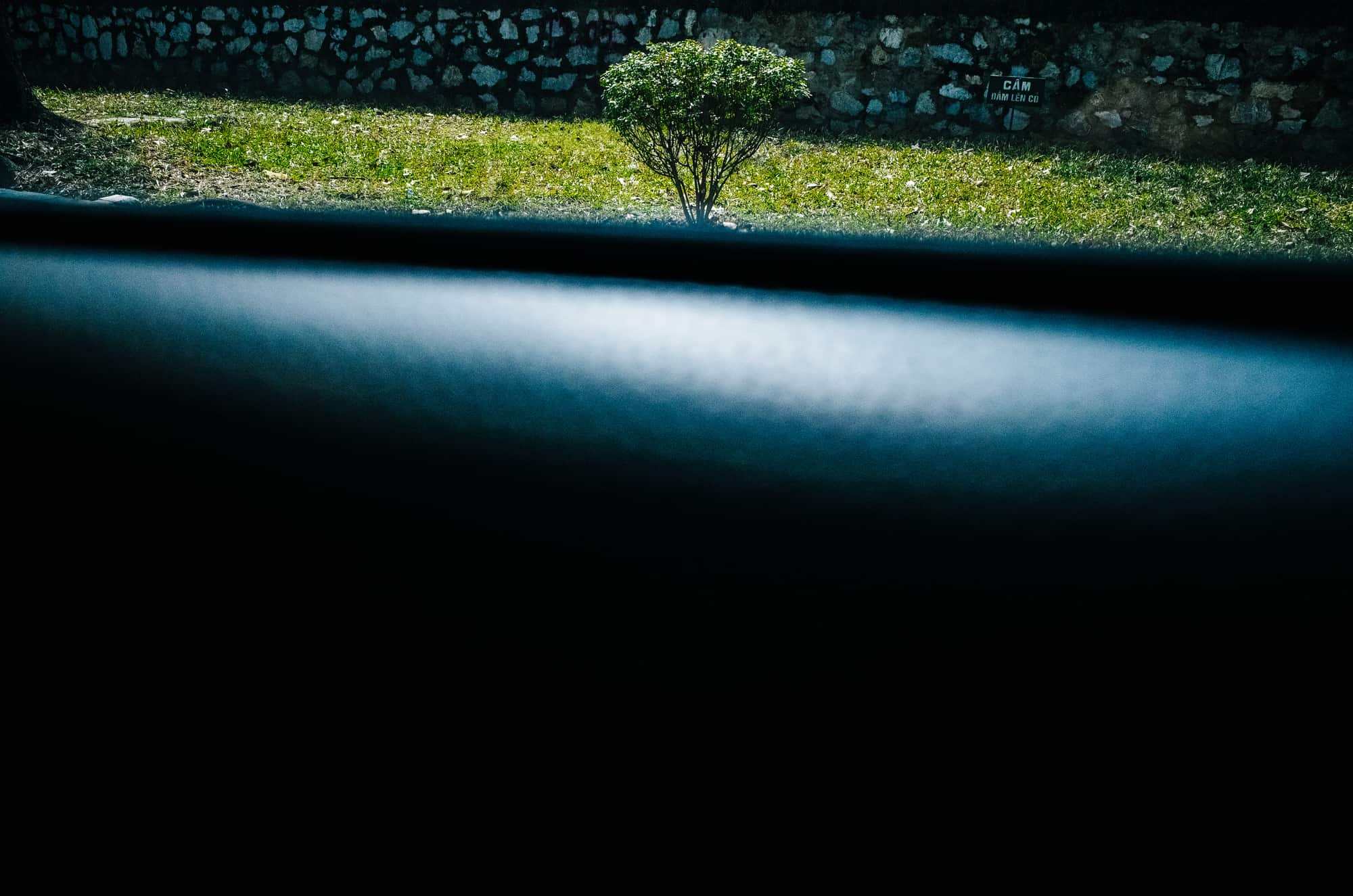
Dear friend,
I’ve been really into poetry lately — and think there is an interesting cross-over between poetry and photography.
1. What did I learn from the ancient poets?
First of all, studying the work of the ancient Romans — the only thing that has survived (in terms of culture and art) is philosophy and poetry. Better yet, the poetic philosophy of Horace has survived through millennia.
I have realized the best poetry is that which is useful, practical, and teaches us moral lessons. I love the work of Horace, which is not only vivid in terms of imagery, but encourages us to ‘seize the day’ (carpe diem) as each day were our last. The same goes for a lot of the letters of Seneca— his tone is more firm, but he was also the original ‘self-help’ guru.
The Tao Te Ching, a short book of poetry on how to live life, has also survived. Probably one of the biggest influences on my life.
2. What is the connection between photography and poetry?
Let me use this time to flesh out some ideas connecting photography and poetry.
First of all, Horace said that a picture was a poem without words. In todays world, a photograph is a poem without words. Because I guess in the past, the only ‘pictures’ they had were poems.
“Photography” means painting with light.
So I guess that as photographers, we are just modern-day painters. Except we have different tools at our disposal.
3. What will survive?
The sad thing is that very few (if any) paintings have survived from the ancient times (2000+ years before hand) until modern times. Marble sculpture has survived, as well as buildings, and monuments.
Which makes me wonder — how can we leave a legacy behind as photographers, if our images will one day evaporate into the digital ether?
4. Make art for our future generations
Life is short if we make photographs for only our generation. I believe as photographers and artists, we should endeavor to make images that can inspire our future generations.
That means, make photos which are timeless. Photos that will still emotionally resonate with your future kids, their future kids, and their future kids kids.
The ancient poems of the past talked about human relationships. In Homer’s Illiad, the emotions of the characters are very much like our ‘modern’ emotions. They are the same. They are envious, afraid, and jealous. Achilles has too much pride, which gets the better half of him.
Today, we have very human emotions like jealousy, envy, fear, anger, disgust, pride, happiness, joy, serenity, tranquility, and love. I feel that as photographers, we should aim to capture these emotions in our images, if we want the future generations to connect and relate with our images.
5. What will not survive?
I think in photography, anything trendy, too contemporary, or too modern won’t survive.
I doubt HDR will survive. I doubt selective color will survive.
I know black and white photos will survive, and color photos will also probably survive. Black and white photos (because they have been around longer, and the colors don’t fade) will probably exist longer.
Not only that, but I think simple compositions are the best. Which aren’t too distracting or cluttered. Simple compositions which highlight emotion. Which go straight through us, and hit us in the heart. Which burn an impression on your mind and soul. I think the modern over-obsession with multiple layers in a photograph probably won’t exist into the future.
Printed photographs will exist longer than photos uploaded on social media. Printed photographs in books might last even longer than prints— because you have that nice tough cover to protect the images.
6. All photos will (eventually) decompose back into the earth
But eventually, the truth is, all of our images will eventually disappear. Even printed photographs probably only have a shelf-life of a few hundred years (at best). Like all atoms, our images will change form, decompose, into something else.
But what will continue to exist is our passion, our love, our enthusiasm, and the joy and beauty we see in the world.
7. Treat each day like it were your last
As for me, I try not to think too much about my legacy. If anything, I treat each day like it were my last. To blog as much as I can each day, to write more spirited and encouraging words, and to share more practical information (which I hopes empowers others).
As for you, know that seeking immortality as a photographer, poet, or artist is a bit vain. Not only that, but we have no control whether our work will survive into future generations.
Let us just make the best of today, and shoot, share, and create art like today were our last.
Always,
Eric
Learn more: Art >

